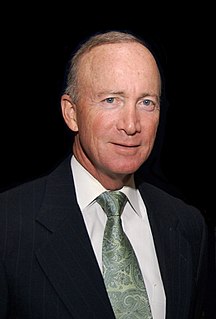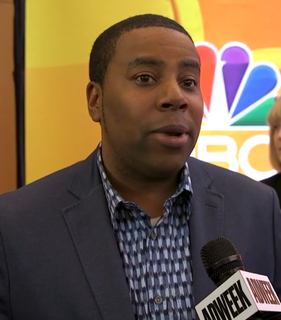A Quote by Noam Chomsky
If you're working 50 hours a week to try to maintain family income, and your children have the kinds of aspirations that come from being flooded with television from age one, and associations have declined, people end up hopeless, even though they have every option.
Related Quotes
There are a lot of little tricks you can do to inject a bit more time into the day. Most important is limiting yourself to a 40 hour week, not working 50 hours or 60 or 70. It's just crazy. It's actually irresponsible to you and irresponsible to your family and friends. Why should your employer's profits be more important than your own family? You're not even going to get any of the profits - all you get is not losing your job. It's a very negative system.
There are 11 states in the United States that in the last 50 years instituted an income tax. So I looked at each of those 11 states over the last 50 years, and I took their current economic metrics and their metrics for the five years before they put in the progressive income tax... Every single state that introduced a progressive income tax has declined as an overall share of the U.S. economy.
When you're done with a job, even if you do stay in contact with certain people, it's never quite the same. It's a unique experience when you're working on a film or a television show together. You're together for 16 hours every day, sometimes six days a week. You're just never going to have that proximity again. So you miss people.
Above a certain level of income, the relative value of material consumption vis-a-vis leisure time is diminished, so earning a higher income at the cost of working longer hours may reduce the quality of your life. More importantly, the fact that the citizens of a country work longer than others in comparable countries does not necessarily mean that they like working longer hours. They may be compelled to work long hours, even if they actually want to take longer holidays.
And before our current legislature adjourns, we intend to become the first state of full and true choice by saying to every low and middle-income Hoosier family, if you think a non-government school is the right one for your child, you're as entitled to that option as any wealthy family; here's a voucher, go sign up.
Sure, if you're a well to do family, you always have the option of sending your children to private schools where teachers spend less time disciplining kids and more time teaching them. However, this option is beyond the reach of most households. And this is what makes school vouchers such a promising solution for lower and middle income families.
I would love a big family. I have this vision in my mind where I have four or five children, and then, when I'm in my 60s, it's Christmas, and all my kids come home with their spouses and lots of grandchildren. By the end of it, there are 40 to 50 people in my house, and I look around, feeling totally happy, surrounded by my family.





































